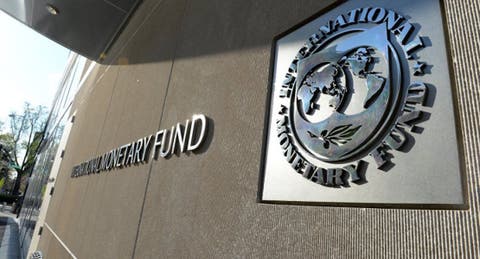For the International Monetary Fund (IMF), Nigeria has a lot of work to do put its economy in good shape.
For one, the Fund wants Nigeria to establish a unified exchange rate regime with a near-term focus on allowing for greater flexibility and removal of payments backlog, pursue continued reforms aimed at promoting economic diversification and reducing dependence on oil and increasing employment.
IMF, in a press statement issued Monday, praised the Nigerian government for measures taken to address the health and economic impacts of the COVID-19 pandemic which have exacerbated pre-existing weaknesses, but added that the government needs to strengthen governance and anticorruption frameworks, including compliance with AML/CFT measures.
The Fund in a report on appraisal of the Nigerian economy called for urgent policy adjustments aimed at sustaining macroeconomic stability and generating growth and employment.
By the Fund’s projections, Nigeria’s real Gross Domestic Product will recover to its pre-pandemic level only in 2022.
The Federal Government projects that the country’s economy will turn the tide as early as first of this year 2021.
“Nigeria’s recovery is expected to be weak and gradual under current policies. Real GDP growth in 2021 is expected to turn positive at 1.5 per cent. Real GDP is expected to recover to its pre-pandemic level only in 2022, ” IMF said.
According to the BrettonWood institution, the stated that the near-term outlook was subject to downside risks from pandemic-related developments with Nigeria experiencing a second wave.
Over the medium term, subdued global recovery and decarbonisation trends were expected to keep oil prices low, it stated.
The non-oil growth, it said, was also expected to remain sluggish, reflecting inward-looking policies and regulatory uncertainties.
Part of the report read, “The COVID-19 pandemic has placed Nigeria at a critical juncture.
“The country entered the crisis with falling per capita income, high inflation, and governance challenges.
“Policy adjustments and reforms designed to shift the country from its dependence on oil and to diversify the economy toward private sector-led growth will set Nigeria on a more sustainable path to recovery.”
It noted that Nigeria’s economy had been hit hard by the COVID-19 pandemic.
Following a sharp drop in oil prices and capital outflows, real GDP was estimated to have contracted by 3.2 per cent in 2020 amidst the pandemic-related lockdown.
Headline inflation rose to 14.9 per cent in November 2020, a 33-month high, reflecting core and food inflation increases emanating from supply shortages due to the lockdown effected to curb infections alongside, the land-border closure and continued import restrictions.
The unemployment rate reached 27 per cent in the second quarter of 2020, with youth unemployment at 41 per cent.
The report however commend the quick reaction the Nigerian authorities in swiftly to adopting a pandemic-related support package equivalent to 0.3 per cent of GDP in the 2020 revised federal budget despite limited fiscal space.
“External vulnerabilities due to lower oil prices and weak global demand have increased, with the current account remaining in deficit in the first half of 2021, ” IMF said
“In April 2020, Nigeria received IMF emergency financial assistance of $3.5bn under the Rapid Financing Instrument to help cushion the impact of the pandemic.”














